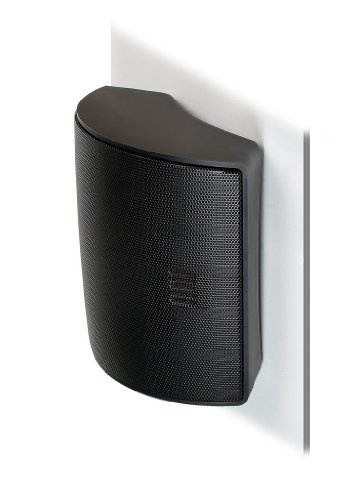jasonz1121
Member
My vistas have been hissing for the whole summer when humidity is higher than 60 percent. Vacuuming doesn't help with this problem. So I thought the panels have got dirty again due to my non-ideal environment. Since last time I washed them in the shower and it was quite a bit of effort, I decided to try a new way. This time I used a small carpet cleaner, a fine makeup brush and a spray bottle with distilled water. The process is quite simple. First, I sprayed some distilled water onto a small section of the panel. Then I agitated it with the makeup brush. I payed close attention not to spray too much water to the places which are close to the edges so the water doesn't get into the seams. After I've done with brushing. I sprayed more distilled water onto the panel to perform a flush while I was holding the vacuum head to suck all the water out the same time. I clean a small section a time and then move onto the next one. After I finished vacuuming, the panel is 99% dry. Finally I set my hair dryer to lowest heat to give the panel a good blow to dry the last 1 percent. The result is very significant. I only did it on the front side of a single speaker to test out, and the hissing is pretty much gone. I think after I finished cleaning the back side, the hissing problem will be completely cured.
Last edited:















